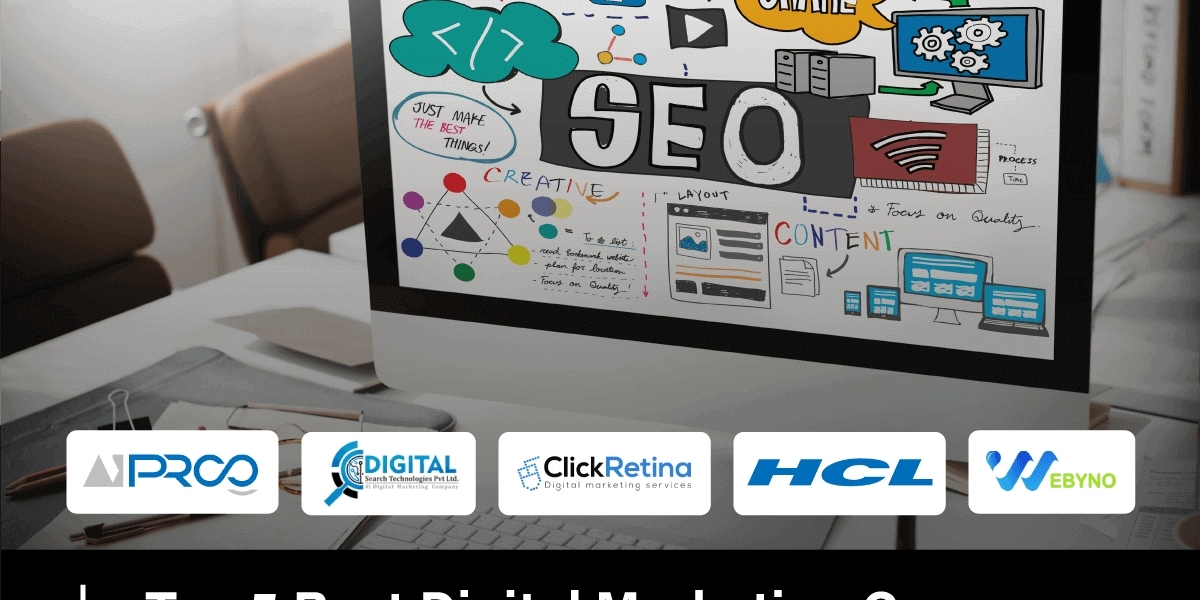Internal auditors play a critical role in ensuring organizational integrity, risk management, and operational efficiency. For experienced auditors looking to enhance their capabilities and stay ahead in a rapidly evolving business landscape, mastering next-level audit techniques is essential. This article delves into advanced audit skills and techniques that empower experienced internal auditors to excel in their roles and deliver greater value to their organizations.
The Need for Next-Level Audit Techniques
Advanced Audit Techniques for Experienced Auditors
Continuous Professional Development
The Need for Next-Level Audit Techniques
As the complexity of business operations increases and new risks emerge, internal auditors must continually refine their skills to address evolving challenges effectively. Next-level audit techniques go beyond traditional methods and empower auditors to navigate intricate scenarios, leverage technology, and provide strategic insights that drive organizational performance and resilience.
Advanced Audit Techniques for Experienced Auditors
Data Analytics Mastery: Experienced auditors leverage data analytics to extract meaningful insights from large datasets. They utilize tools like SQL, Python, or specialized audit software to identify trends, anomalies, and areas of concern efficiently.
Risk-Based Auditing: Next-level auditors adopt a risk-based approach that aligns audit activities with the organization's strategic objectives and risk profile. They prioritize audits based on potential impact and likelihood of risks, ensuring resources are allocated effectively.
Root Cause Analysis: Experienced auditors excel in identifying root causes behind audit findings, going beyond symptoms to address underlying issues. This approach enables them to provide actionable recommendations that drive sustainable improvements.
Fraud Detection and Investigation: Next-level auditors possess advanced skills in fraud detection and investigation techniques. They understand red flags, conduct thorough inquiries, and collaborate with forensic experts to uncover and mitigate fraud risks.
IT Auditing Expertise: With digital transformation shaping business landscapes, experienced auditors acquire specialized IT auditing skills. They assess cybersecurity controls, evaluate IT governance frameworks, and understand emerging technologies to address IT-related risks effectively.
Effective Communication and Stakeholder Engagement: Experienced auditors excel in communicating audit findings and recommendations to diverse stakeholders, including executive management and board members. They tailor messages based on audience needs and foster strong relationships to drive change.
Continuous Professional Development
To master next-level audit techniques, experienced auditors should prioritize continuous professional development. This includes:
Advanced Training Programs: Participating in specialized workshops, seminars, and certification programs focused on advanced audit skills and emerging trends.
Industry Networking: Engaging with industry peers, attending conferences, and joining professional associations to exchange knowledge and best practices.
Mentorship and Coaching: Seeking guidance from experienced mentors or coaches to gain insights and refine audit techniques.









